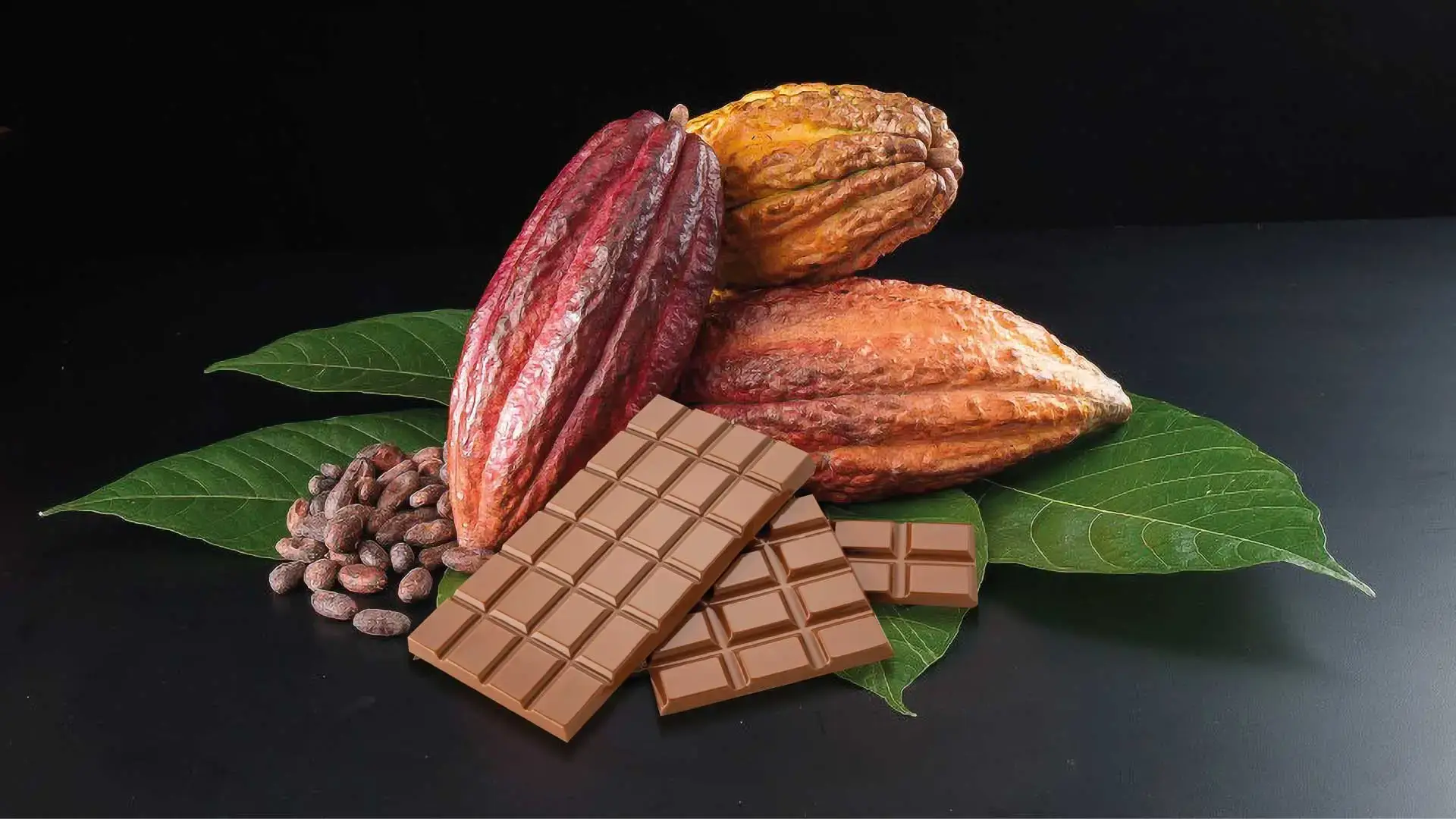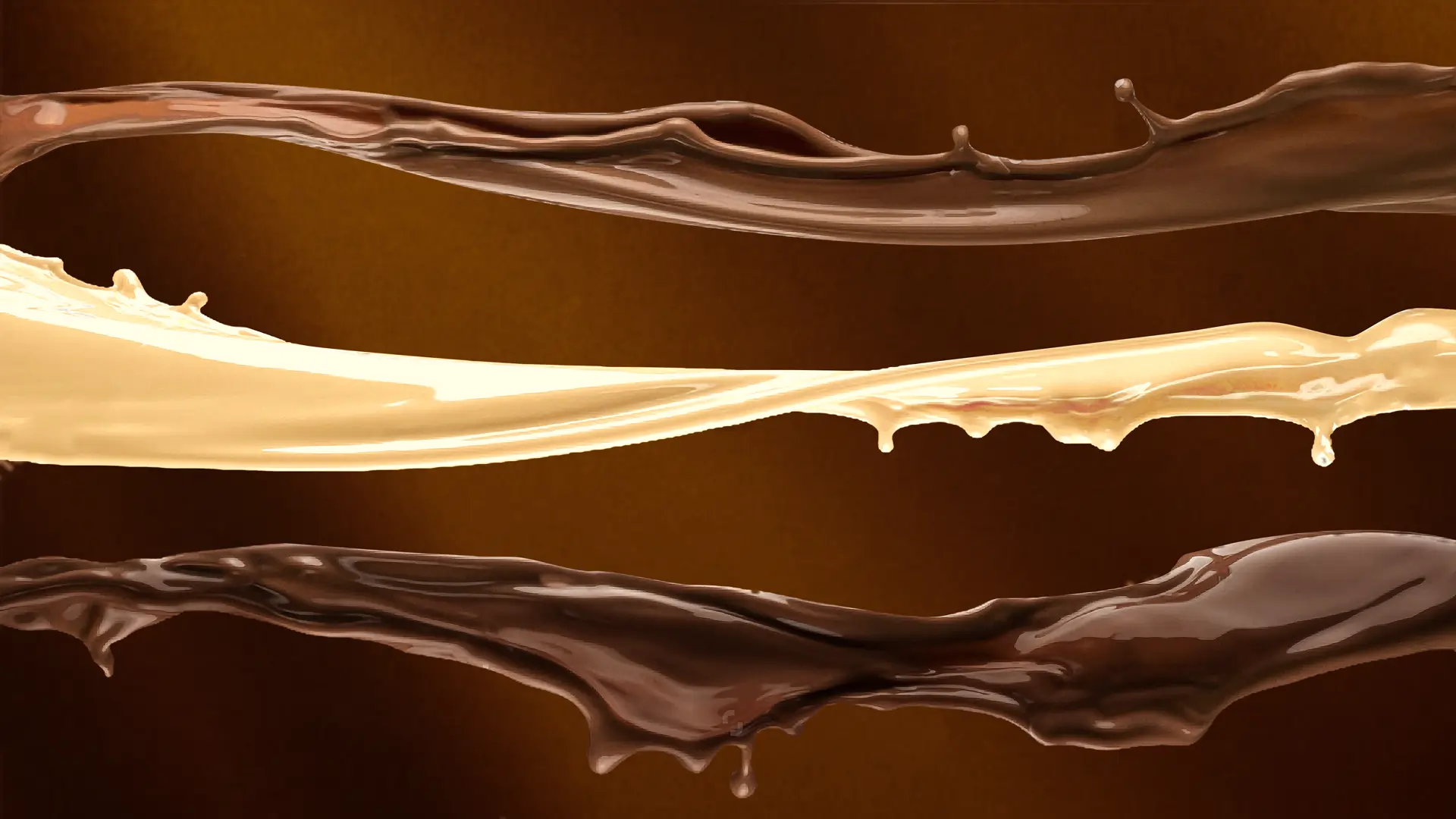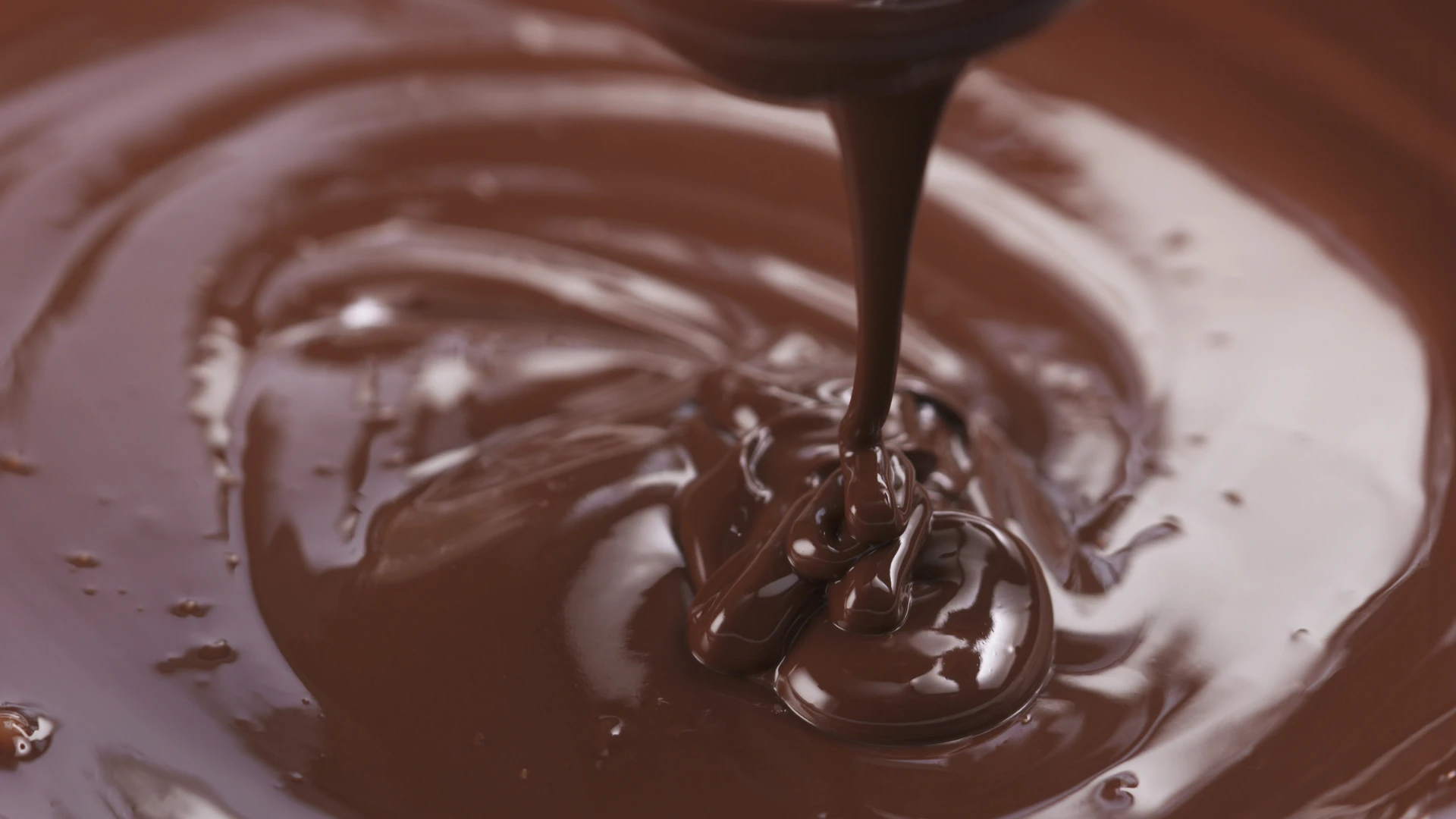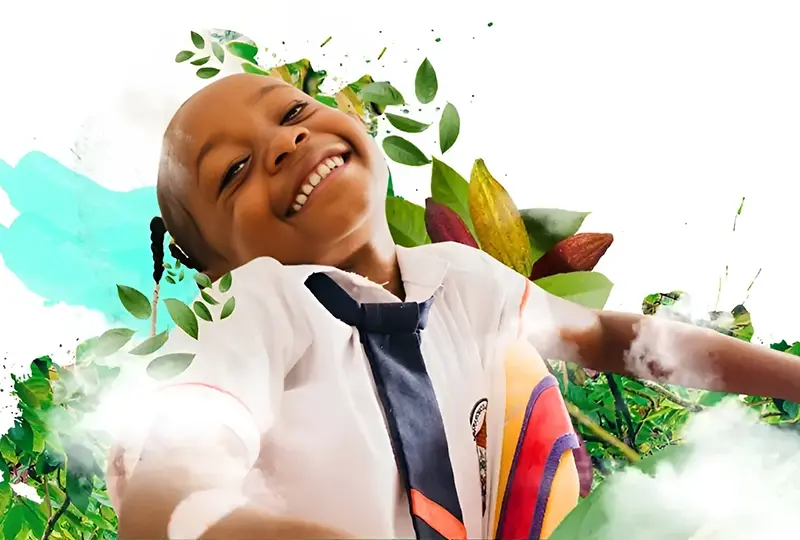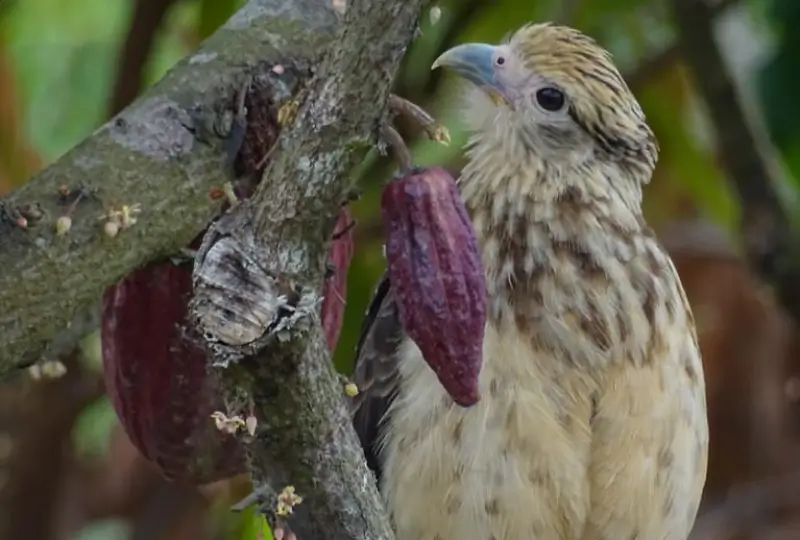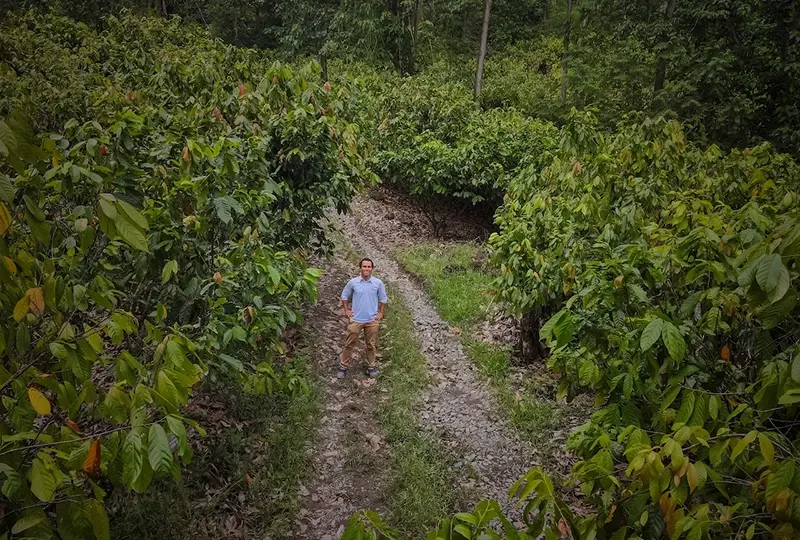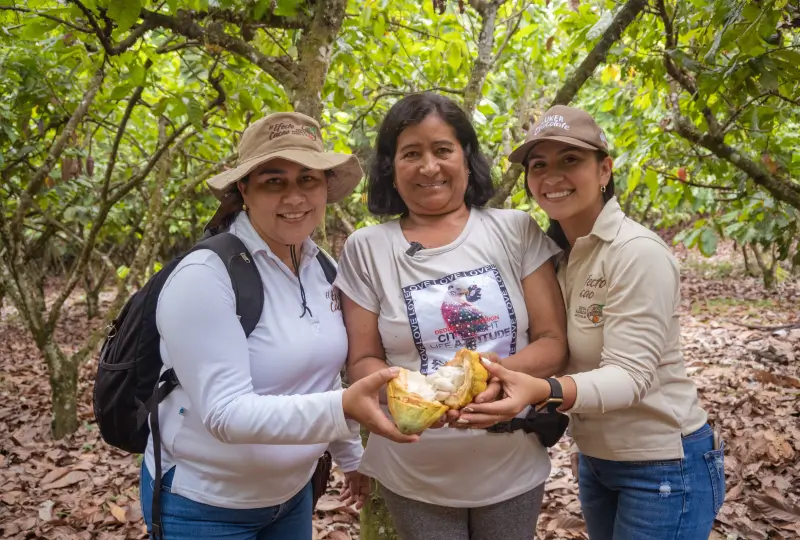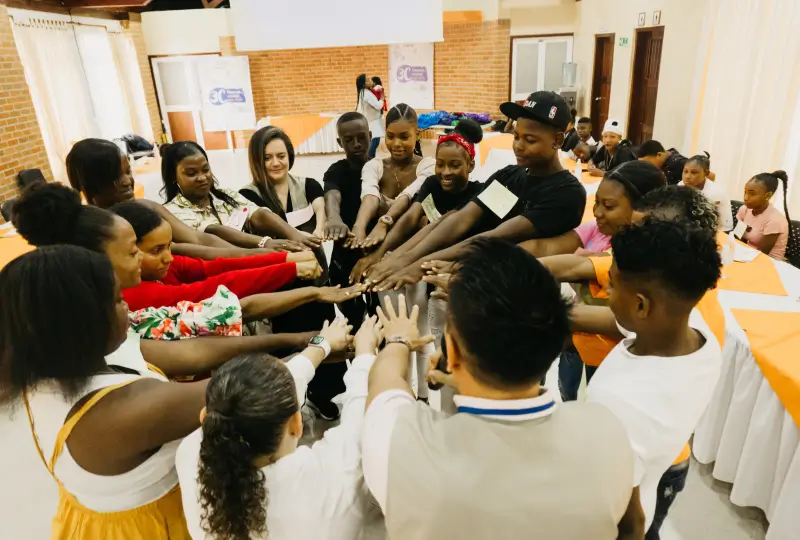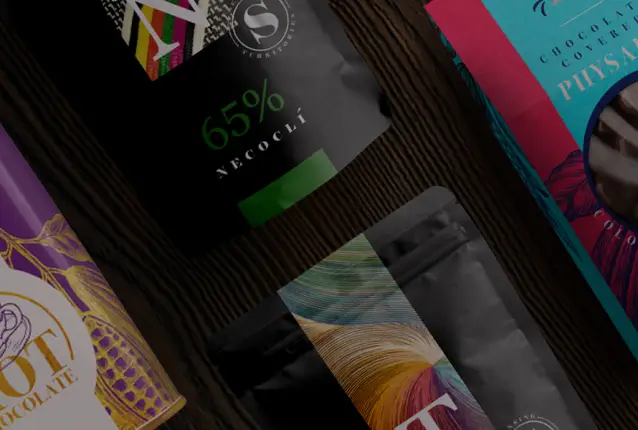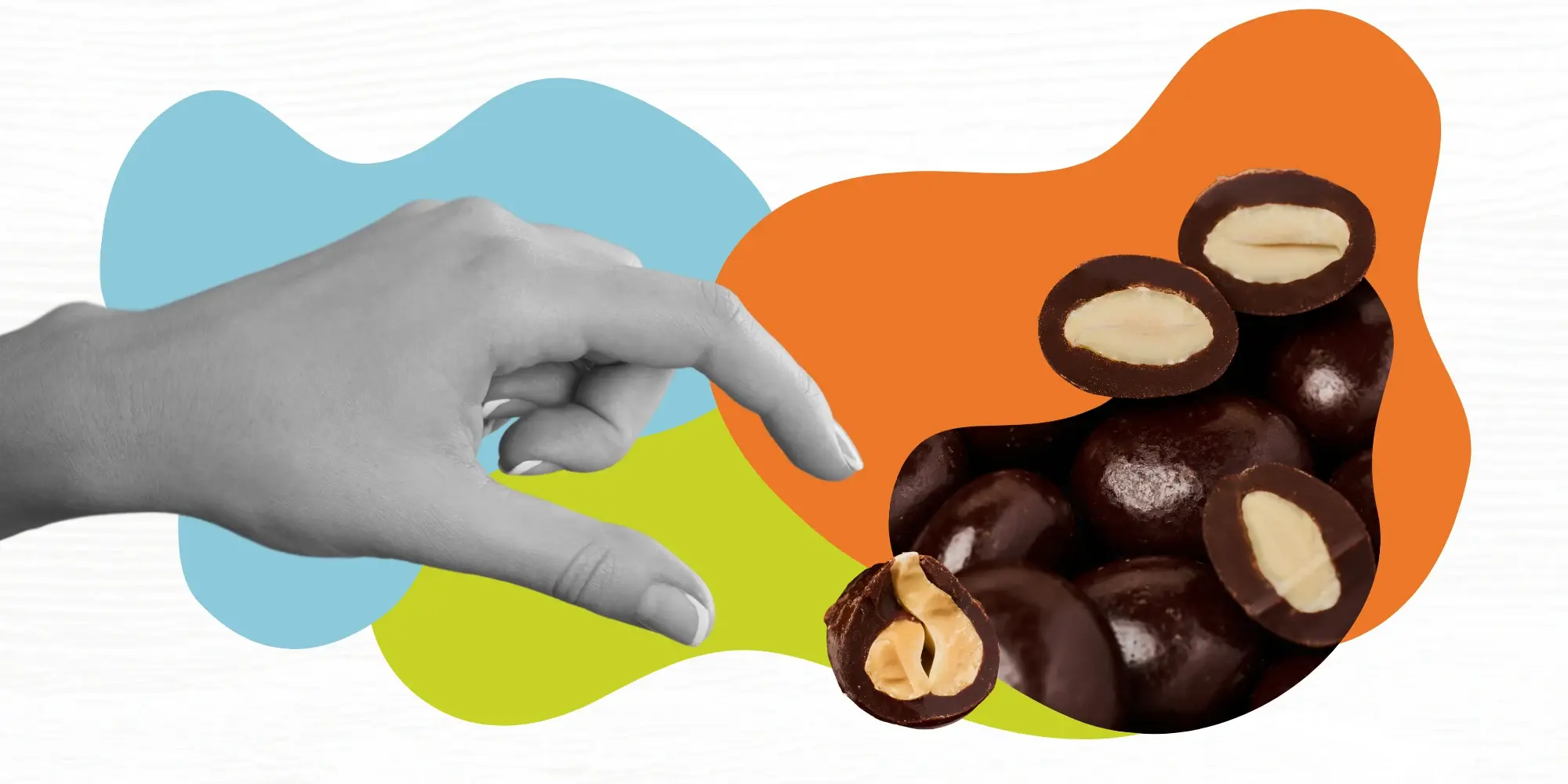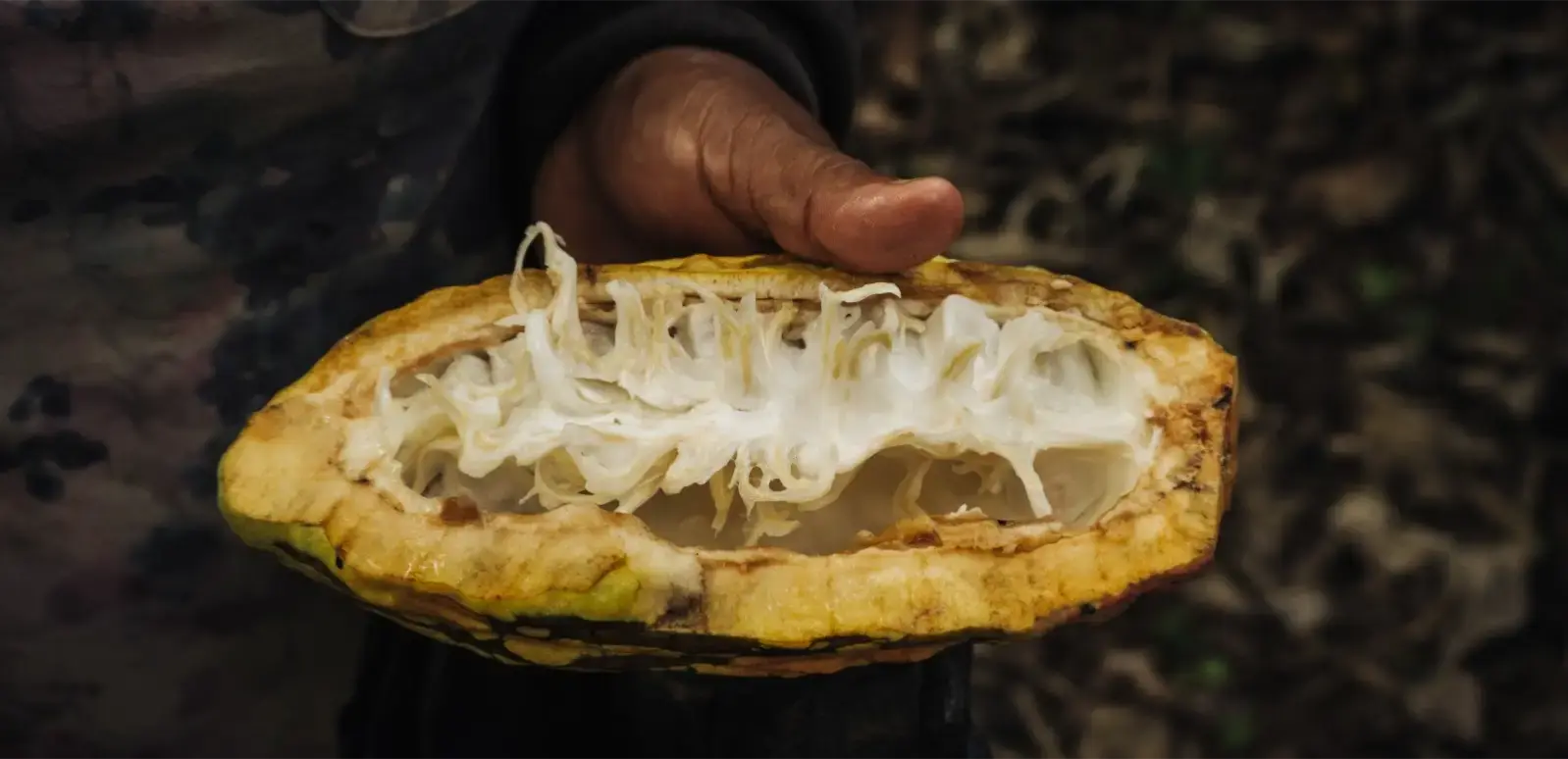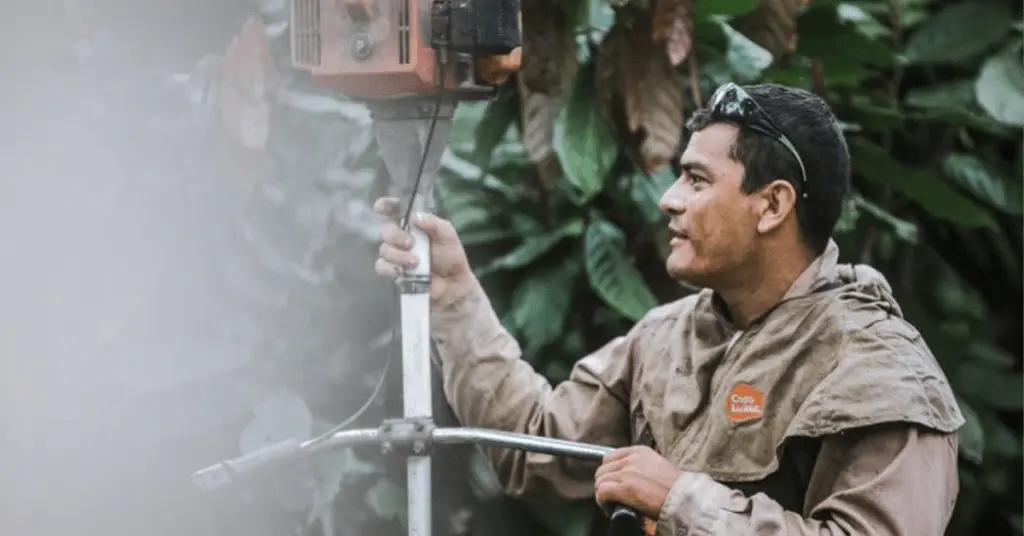By José Miguel Maldonado - Profesional de Abastecimiento Sostenible
This series is based on the experience of three of our collaborators who went to Huila to live and work as cocoa farmers. In this first story, José Maldonado, a Sustainable Supply Analyst, tells us about his experience.
From a very young age, the countryside and I have been inseparable. My paternal grandfather is a veterinarian and has been a milk producer all his life, while my maternal grandfather is a coffee farmer, as were his ancestors for several generations. I've always been proud of the Colombian countryside and I've identified myself as part of it, so much so that I have often told people that I am from the countryside with my head held high.
I thought I had a lot of experience, but after spending two weeks accompanying different cocoa farming families in Huila, I realized I couldn't be more in the wrong. To be from the countryside requires courage and sacrifice, but above all, you need to have a giant heart and be deeply in love with the land and its traditions.
On this journey, I met many people, but the stories that I am going to tell below belong to people who taught me great life lessons.
The first was Pedro Nel Córdoba; he met us at the Neiva airport and welcomed us. This Opita with his sung accent is the representative of Luker Chocolate's Agricultural Development department for Huila, Tolima, Putumayo, and Caquetá. There is no supplier, farm or association where he is not greeted with a big hug and like a brother returning home. Pedro knows and understands his land perfectly, because, full of pride, he often recalls that he grew up in the countryside and that his parents raised him and 5 brothers with the produce of 1 hectare of cocoa. He knows what it means to fight and work for a farm that, no matter how small, is the essence and source of life that sustains thousands of farmer families in Colombia.
The team led by Pedro was ready to embark on our 2-week journey through this beautiful department. We started in the municipality of Rivera, where we visited three families belonging to the Association of Cocoa Producers of the Municipality of Rivera (ASOPROCAR). I was fortunate enough to visit Doña Carmen's farm, an 82-year-old woman, but with the heart and soul of a 20-year old. She is the matron of her family and is proud to be the head of four generations, but even more so, to see her children succeeding thanks to the life and education she was able to give them with the 3 hectares of cocoa that she worked on for so many years with her late husband.
Doña Carmen's house is right next to her cocoa plantation. It is a home full of love and particulars; it is full of Catholic images and photographs with her family. During the visit, we toured all of her plantations and, plant by plant, this woman showed us how hard she works for her cocoa trees and how well she knows them.
The following day was revelatory, as it was time to harvest and shell the cocoa pods. Two workers were in charge of collecting them and there was also a shelling team, which we were part of. What seemed like a simple task turned out to be exhausting. In an hour, I had to stop twice, stand up, stretch and wait for my back pain to pass. Meanwhile, Doña Carmen, 82, did not complain once and only stopped for lunch. She just laughed when she saw us struggling to complete the task. That's how I learned about the admirable strength and character of the people of Huila.
Our next stop was the neighboring municipality of Campoalegre, the rice capital of Huila. A region with an agricultural vocation, marked by beautiful valleys with different types of crops. In this place, I was particularly marked by a farm in a mountainous area, where coffee is beginning to predominate. There we met Doña Concha, her son Gentil, and the person who would give me a great life lesson: Samuel. This more or less 35-year-old dark-skinned man, with a well-groomed mustache and an infectious joy, has his own corn and coriander crop on the farm and was one of our guides.
Samuel has been blind for 8 years, but we could not believe it, and it was not because we doubted his word, but because of the way in which he finds his way around the farm. He never gets lost and even walks very dangerous roads all by himself. The most incredible thing about this man is his attitude. At one point, he was asked if it had been very difficult to regain his life after losing his sight, and he quietly replied, "Only a little".
After touring Huila, we set out on a road of about 86 kilometers to the south of the department. We traveled along the banks of the Magdalena River and the giant Quimbo Dam until our last destination: Garzón. This municipality is an important coffee-growing center in Colombia and a great agricultural pantry for the region. It has also become a very important cocoa collection point for Luker Chocolate. This is where I had the most significant encounter and perhaps the one that inspired me the most to continue to work for the cocoa farmers of Colombia.
On the penultimate day of our journey, we went to the Majo trail to visit Don Ismael's farm. Don Ismael is approximately 80 years old and a native of the region. Our main host was "Chucho", one of his sons who takes care of him and helps him with the work on the cocoa plantation. We had the opportunity to help them during the working day by collecting the ripe cocoa cobs throughout the morning. It wasn't until the end of the day, and after enjoying a nice sancocho, that the character that influenced me immensely arrived.
A 12-year-old boy, redheaded and full of freckles, came in from the back door. He wore knee-length jeans, a white vest, a slingshot across his chest, and rubber boots. He brought a bucket full of small fish he had just caught in a nearby river. He looked like a Colombian Tom Sawyer, an adventurous child; one of those that are in danger of extinction. Without thinking about it, he approached us to show us the catch of the day and began to talk to us about everything he did after school. His name is Wilmer and he's Don Ismael's grandson. He took me on a tour to show me his onion crop, some ducks he is raising, and finally, full of pride, he showed me his own cocoa tree. A thought came into my head: "the Colombian countryside does have a great future and it is because of children like him that we must continue to work".
Wilmer is an enterprising and curious child. At a very early age, he began to help his mother, as their father left them when he was just a baby. But this never stopped him. His way of seeing life, of appreciating agriculture, his desire to get ahead and the way he helps his family, marked me in an indescribable way.
Those two weeks I spent with cocoa farmers in Huila marked my life as very few other things had. Pedro, Doña Carmen, Samuel, and Wilmer made me see that life in the countryside is very different from what I had experienced; it is more challenging, yes, but just as it challenges the land also inspires passion. It reconnects you with your roots and makes you grateful for the little things in life. For this reason, I want to continue to work towards developing the Colombian countryside through cocoa; I want to dignify the life of the farmers of my country and, above all, I dream of the day when all farmer children can have a quality future so that their dream is to stay and work in the countryside and change the reality of our country.
